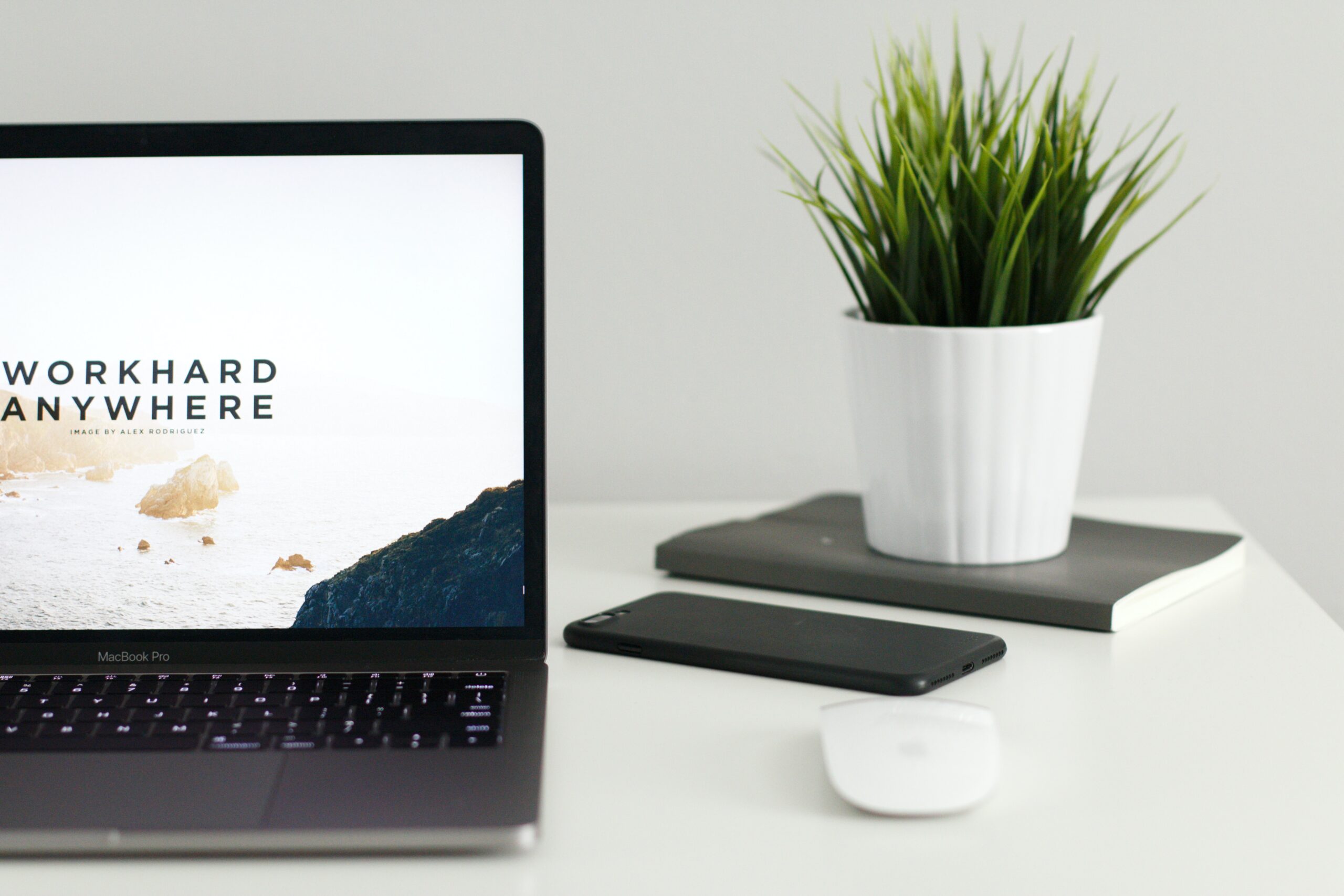Buying your very first car as a student is an exciting affair, and will allow you to have much-needed independence while you navigate university life. You could choose to buy your car from a dealership, but it may be more affordable to look into buying a used car privately. Once you have used a vehicle finance calculator to calculate your affordability, you can move onto the rest fo the process, as outlined below.
Do some research
This might sound like even more studying, but it is important to do research on what cars are available to you before contacting a seller. The most important research you should do is to know the market value of the car you like before you consider buying.
Knowing the market value, for both new and second-hand options, will allow you to tell whether the seller is overcharging or not. You should also look at reviews of the car you prefer to see what drivers are saying about the car. With a private seller, they may have already calculated the market value of their car, but it is best to go into the sale armed with all the knowledge available to you.
What questions should you ask the seller?
One of the most important steps in buying a car from a private seller is to ask them pointed questions about the car. This is especially true for young students, as some private sellers may think that they can ‘dupe’ you into buying a lemon, which is great for them but not for you. The questions you should ask include:
- How old is the car?
- How many previous owners have there been?
- Who was the driver of the car?
- How long have you owned the car for?
- How many kilometers has the car done?
You will need to ensure that you receive honest answers to these questions, so it is a good idea to bring friends along with you. Your friends will be able to stop you from buying an old, damaged car and may notice aspects about it that you do not.
Perform an inspection
Dealerships allow customers to perform inspections , but with a private seller this might be difficult to arrange. If you are able to arrange an inspection of the car with the seller, then you will need to inspect it both internally and externally.
Your inspection should involve looking at the upholstery of the vehicle for any tears or stains. On the exterior, if you notice any bumps, dents or scratches, ask the seller what happened and how these were fixed (if at all). You should also check for accident damage, a new paint job and for any leaks. For those that are not mechanically minded, you can take photographs of the engine to show a professional if you feel that there is something ‘wrong’ with the engine.
Go for a test drive
Again, this could be difficult to organise with a private seller, as they are most likely using the car themselves until they sell it. You could ask for them to meet you at your campus residence and the go for a test drive from there to a place that you frequent, to see how the car handles.
During your test drive, you will need to listen out for any strange noises coming from the engine, which means that you will need to drive with the radio off (no listening to your jams while driving… just this once). The engine should be cold before you start. Feel the bonnet, if it is war, the seller could be trying to hide a starting problem. You will also need to feel the suspension and note how the steering and brakes feel on both town roads and on the highway.
Inspect the paperwork
If the test drive and inspection have convinced you to buy the car, the next vital step in the buying process is to inspect the paperwork. Examine the names on the vehicle ownership documents and ask for identification so you can verify the seller is in fact the vehicle’s owner.
You should also ask the seller if there are any service documents, and be sure that they have the vehicle log book to show you and that it has been updated. If the seller is reluctant to give you any of the necessary documentation, it should serve as a warning sign, and you may have to reconsider your purchase. As a young student, it is best to take along an older friend or family member to the sale, so that the seller does not take advantage of you.
When buying from a private seller, you will need to keep your wits about you. While you will be saving money, and will avoid other dealership fees in the process, you certainly want to avoid buying a damaged or badly maintained second-hand car. You will need to do your research beforehand, ask the seller important questions and take the car on a test drive. If you have fallen in love with the vehicle, be sure to bring a friend along for moral support and to help you out of a difficult situation with the seller.
